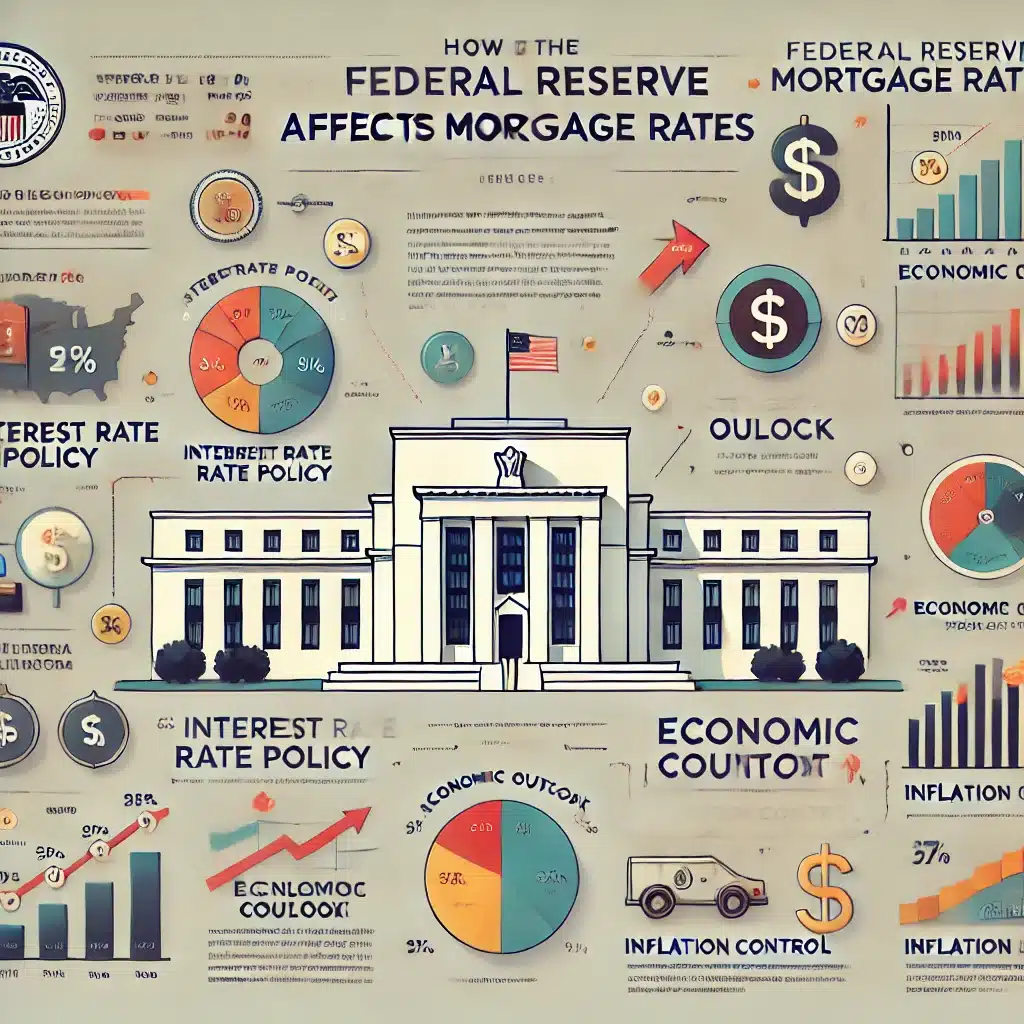You’ve probably heard of the Federal Reserve, or “the Fed” for short—it’s the financial institution that plays a big role in keeping our economy on track. But while the Fed doesn’t directly set mortgage rates, it does influence them through its monetary policies. One of the key ways the Fed does this is by adjusting something called the Federal Funds Rate. This is basically the interest rate banks use when lending to each other for short periods. When the Fed moves this rate up or down, it often affects other rates, including mortgage rates.
Why It Matters for Homebuyers
Whether the Fed raises or lowers its rate, there are potential perks for homebuyers. If the Fed raises rates, mortgage interest rates might climb too. But here’s the upside: higher rates can sometimes mean lower home prices because fewer people are looking to buy. So, while you might pay a little more in interest, you could score a deal on the home itself.
On the flip side, if the Fed lowers its rate, mortgage rates tend to follow, which is great news if you’re in the market for a new home. Lower interest rates mean lower monthly payments and less interest paid over the life of your loan. This could also help you qualify for a bigger loan if needed.
The Bottom Line
No matter what direction the Fed moves its rates, there’s usually a silver lining. If rates go up, home prices might come down. If rates go down, you get to enjoy lower interest payments. Understanding how the Fed’s actions affect mortgage rates can help you make smarter decisions when it comes to buying a home.
Want To Get A Cash Offer On Your Nationwide house?
Please fill out the quick form below, and we will be in touch with you shortly!
"*" indicates required fields




